Routine Checkup, Your Teen: Care Instructions
Your relationship with your teen is likely going through a lot of changes. Your teen may want to skip some family activities and do more on their own. Your love, understanding, and guidance can help your teen make good decisions.
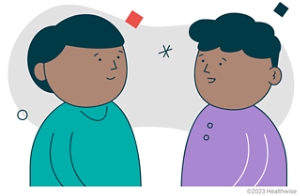
Build trust with your teen. Respect their opinions and privacy. Really listen when they want to talk.

Talk to your teen about healthy friendships. Get to know your teen's friends and their parents.

Set realistic rules. Talk about what will happen if rules are broken, and follow through.

Plan one-on-one time with your teen. Go for long walks or ride bikes, if you can. Or play games.
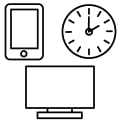
Put limits on screen time. Too much time spent on smartphones or video games may affect your teen's sleep and healthy eating habits.
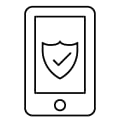
Remind your teen to be careful online. Talk about what's safe and not safe to share online.

Be open to talks about sex and relationships. Tell your teen often that "If you have questions, I'm here for you."
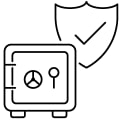
Talk about gun safety. If you keep guns in your home, lock them up unloaded. Lock ammunition away from guns.

Seek out support if you need it. You could find a counsellor for you and your teen. Ask your doctor for a referral.
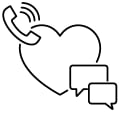
Get help if your teen talks about suicide or self-harm. Call or text Canada's suicide and crisis hotline at 988. You can also call Talk Suicide Canada at 1-833-456-4566 or text 45645 (4 p.m. to midnight ET). Go to the Talk Suicide Canada website at https://talksuicide.ca for more information.

Make sure your teen gets all the recommended vaccines. Talk to your teen's doctor if you have questions.
Follow-up care is a key part of your child's treatment and safety. Be sure to make and go to all appointments, and call your doctor or nurse advice line (811 in most provinces and territories) if your child is having problems. It's also a good idea to know your child's test results and keep a list of the medicines your child takes.
Where can you learn more?
Go to https://www.healthwise.net/patientEd
Enter D594 in the search box to learn more about "Routine Checkup, Your Teen: Care Instructions".
Current as of: October 24, 2024
